After having a meeting with his colleagues, Dr Farooq Abdullah said they will wait till everybody from every party is free and then they will decide about the new course of action in wake of abrogation of the Article 370. A day later, however, came a statement in follow up to the Gupkar Declaration, an all-party initiative that predated August 5, 2019. Does it mean the return of politics to Kashmir, Riyaz Wani analyses
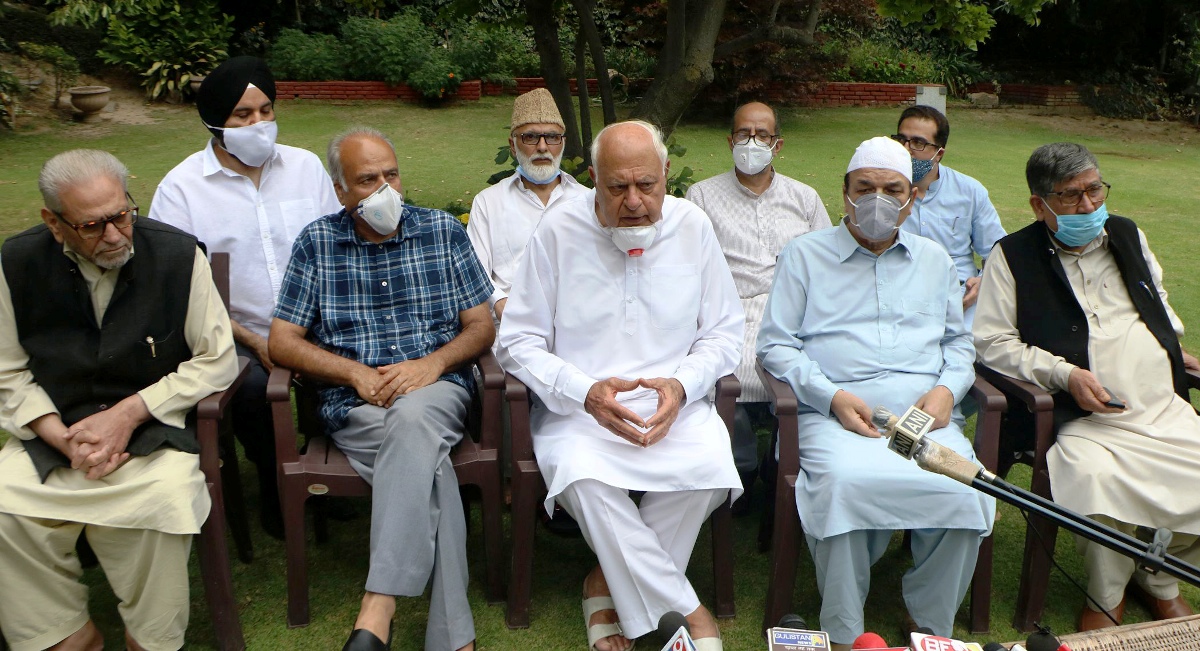
Over a year after the centre withdrew Article 370 that granted Jammu and Kashmir its autonomous status and bifurcated the state into two union territories, the major political parties have come together to jointly fight the move. In a joint statement released on Saturday, the parties said they would abide by the Gupkar Declaration of August 4, 2019 in which these parties had resolved to protect the state’s special constitutional status and fight against any move to dilute it.
“We all reiterate that we are bound, wholly, by the contents of the Gupkar Declaration and will unwaveringly adhere to it. We are committed to strive for the restoration of Articles 370 and 35A, the Constitution of Jammu and Kashmir and the restoration of the State and any division of the State is unacceptable to us. We unanimously reiterate that there can be ‘nothing about us without us,” the statement read. “The series of measures undertaken on 5th August 2019 were grossly unconstitutional and in reality measures of disempowerment and a challenge to the basic identity of the people of J&K. The measures attempt to redefine who we are”.
In their respective tweets later, the major leaders like Mehbooba Mufti and Sajad Gani Lone who underlined the need for standing together. “It is no longer about power. It is about a struggle to get back what rightfully belongs to us,” Lone wrote on Twitter.
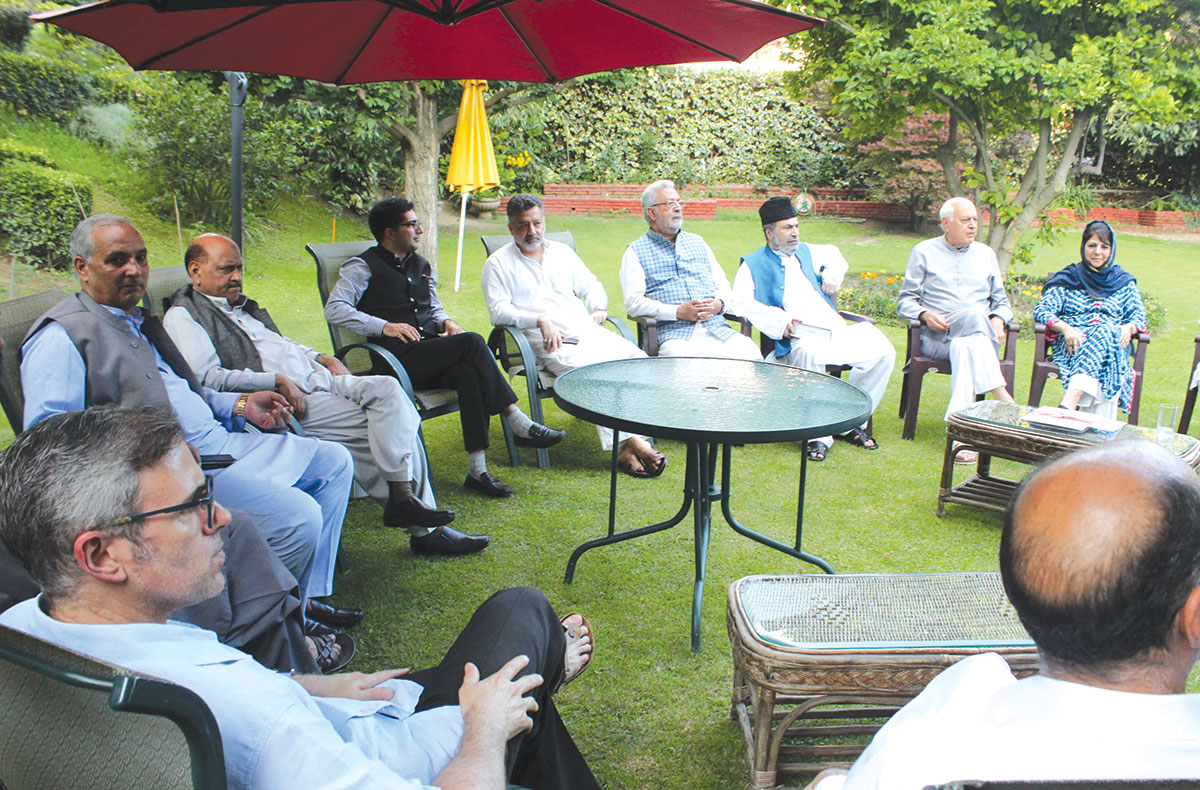
Gupkar Declaration
That all the parties would be united in their resolve to be protected and defend identity, autonomy and the special status of the Jammu and Kashmir against all attacks and onslaughts whatsoever.That modification, abrogation of articles 35A, 370, unconstitutional delimitation or trifurcation of the state would be an aggression against the people of Jammu Kashmir and Ladakh.That the Parties participating in the meeting resolved to seek an audience with the President and Prime Minister of India and the leaders of other political parties to apprise them of the current situation and make an appeal to them to safeguard the legitimate interests of the people of the state with regard constitutional guarantees given to the state the constitution of Our country.
The statement took everyone by surprise, as there was no inkling that the parties were meeting or were in any way working on a new declaration. In fact, Dr Abdullah had himself linked a joint all-party effort to the release of all political workers in Kashmir. Even Omar Abdullah, his son and the future of National Conference was not part of the meeting despite being the Vice President. The strong language of the statement also made people sit up and take note. The phrases like “in a spitefully short-sighted and unconstitutional move”, and “these are testing times and time of pain” were evocative and geared to appeal to the prevailing sentiment in the region.
Significant Development
The release of the statement is a significant development. The people were waiting for it over the past year. But the administration ensured that every attempt to resume political activity was frustrated. Now that the parties have eventually managed to get together and make a common stand, it will be interesting to see what happens next. The coming weeks and months will be interesting.
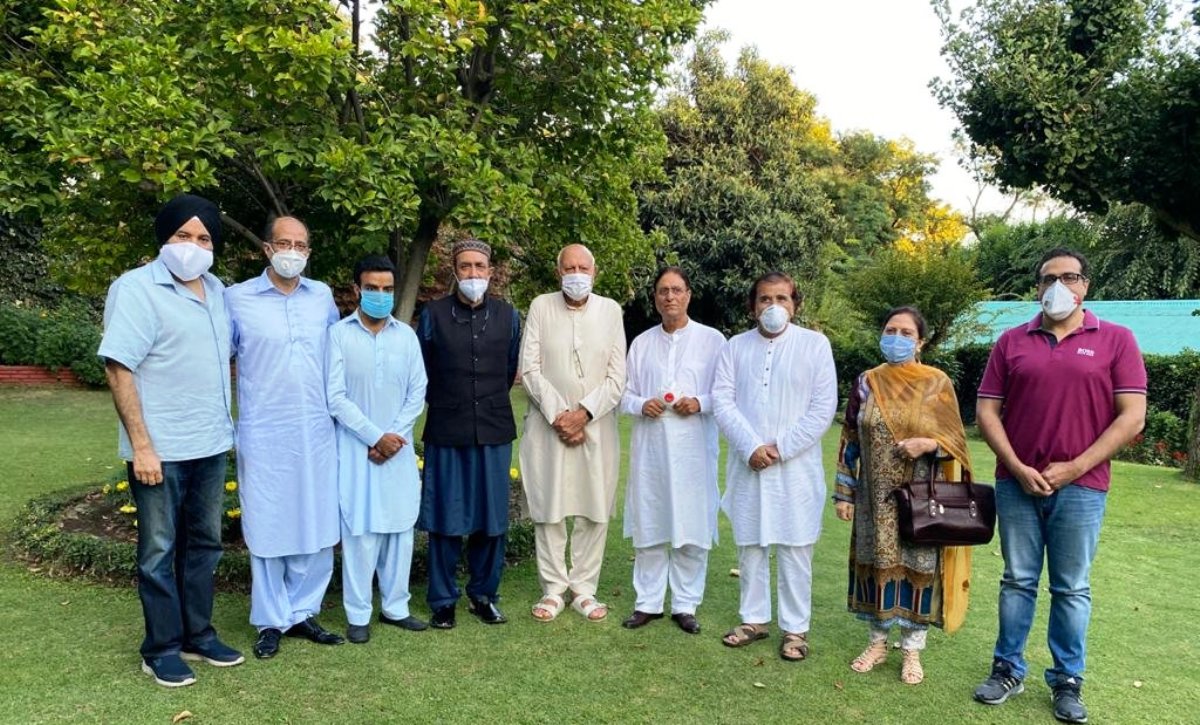
Earlier, National Conference had held a formal meeting at the residence of its president Dr Farooq Abdullah. Abdullah had called for the meeting after the government told the High Court, that no leader was under detention and that they were free to move, subject to necessary security arrangements. All four leaders — party general secretary Ali Mohammad Sagar and former ministers Mohammad Shafi, Abdul Rahim Rather and Nasir Sogami — who were supposed to be under house arrest made it to the meeting. However, the significance of the meeting was more in the nature of testing the government’s claim that the leaders can freely move.
Later addressing the media, Abdullah steered clear of discussing the political matters but he swore his commitment to the Gupkar Declaration passed during the meeting of Kashmir based parties on the eve of the revocation of Article 370 last year. Abdullah also revealed his plans to call an all-party meeting in the near future.
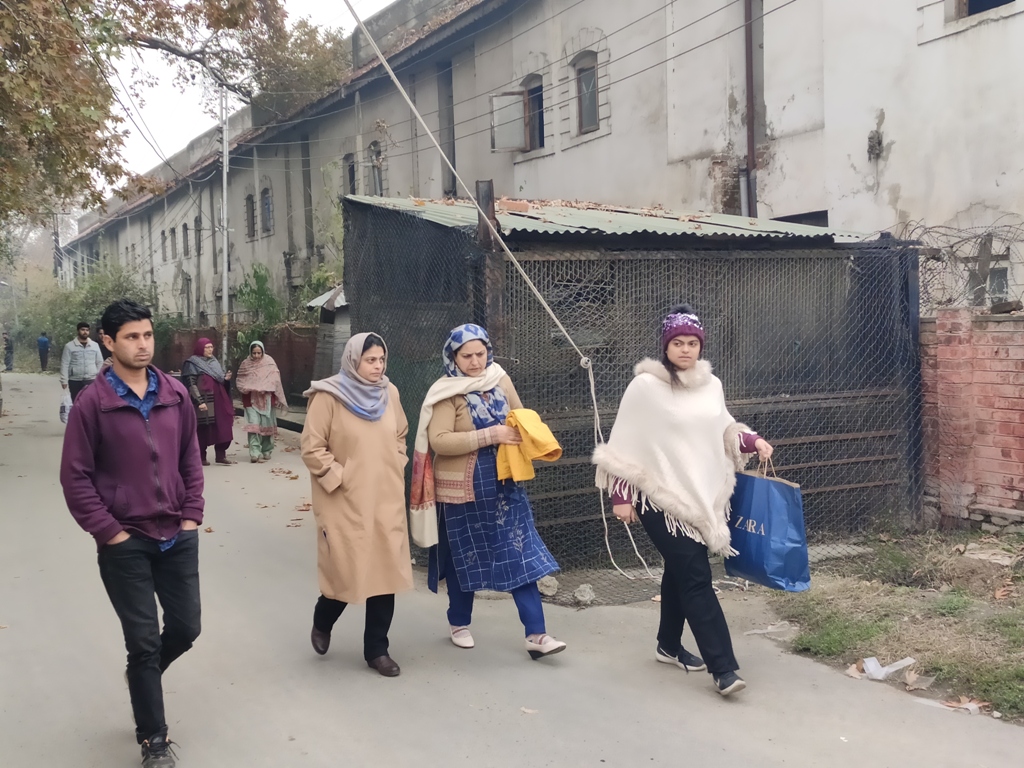
Politics Starts?
So does this mean that the mainstream political activity is resuming in Kashmir? It does. But it continues to be a very restrained activity. As Abdullah’s interaction with the media made it amply clear, he refused to be drawn into discussing the post-Article 370 situation saying the party would show its cards at an appropriate time. A day after his meeting with his colleagues, Dr Abdullah visited Ali Mohammad Sagar and later they were in Chrar-e-Sharief, the town where the standard-bearer saint Sheikh ul Aalam is in eternal rest.
However, with the administration gradually easing the curbs on the movement of the politicians, it can be but a matter of time before the political activity hurtles to the centre stage. And the all party’s joint statement is its indication.
But the Government’s main concern seems to be the form the response of these leaders will take to the withdrawal of Article 370. Though muted in its expression, the leaders have opposed the repeal of the state’s special status and vowed to fight for its restoration. In the run-up to the abrogation of Article 370 on August 5, all mainstream parties had closed ranks against such an occurrence but to no avail.
There are many forms of political response in the Valley currently being bandied about. Once released, these politicians could decide to unite and launch a mass movement for the reversal of the Article 370 revocation. Considering the mood in the Valley, such a movement is likely to witness overwhelming public participation.
Mobilisation Unlikely
But as things stand, such a turn of events looks unlikely in the near future. The parties are content to issue bland statements about the prevailing situation, only occasionally foraying into the political domain but not so much as to ruffle feathers of the powers that be. Earlier, the National Conference had called for “reopening of all traditional routes including Kargil-Skardu, Jammu- Sialkot and Poonch-Rawalakot to allow free movement of people across the Line of Control with Pakistan and Line of Actual Control with China and to promote people-to-people contact and strengthen inter-regional trade and cultural links”. Once considered the mother of all confidence-building measures the BJP government closed Srinagar-Muzaffarabad and Poonch–Rawalakot roads following Pulwama bombing that killed 40 CRPF personnel leading to skirmishes between India and Pakistan. The cross-LoC bus service was started in April 2005. The trade was later added in 2008. But all such CBMs have come undone over the past two years.
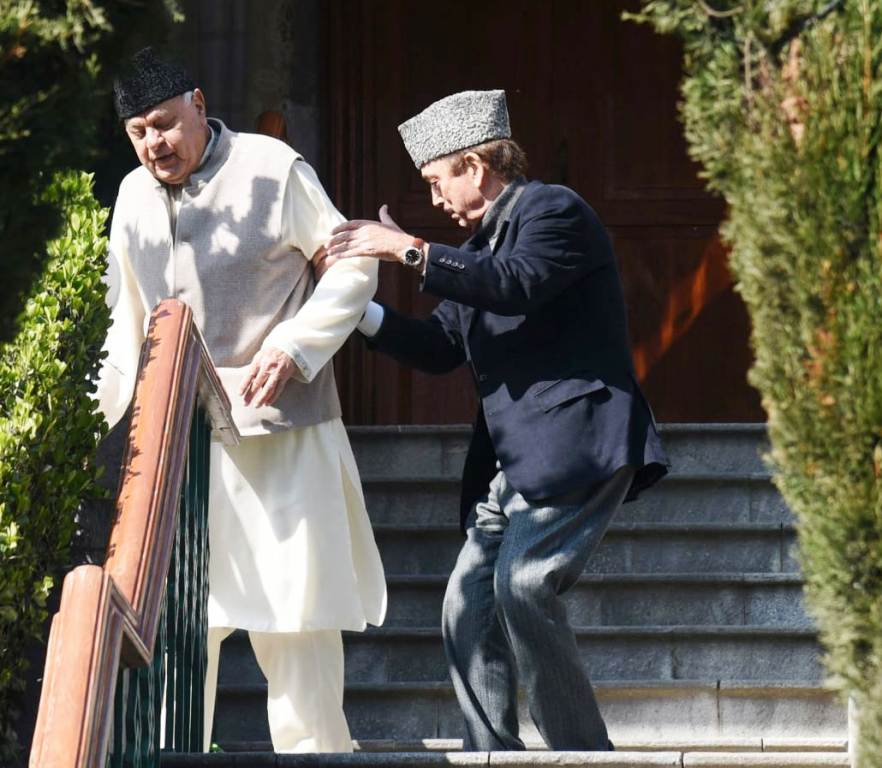
Considering the fundamental constitutional shift that has followed the repeal of Article 370, statements like the call for reopening of cross-LoC routes hardly resonate with people. Ideally, people in Kashmir would want their leaders to formulate a response to the loss of autonomy, something that has not been forthcoming so far and for understandable reasons. The government has frustrated any such attempts by any Kashmir based leader by first imprisoning them for a long time and later by stopping them from speaking their mind. Many leaders who have been released over the past year are reported to have won their freedom by signing good behaviour bonds. And if we go by the statement of the Director-General of Police, hundreds of alleged separatist activists have also signed such bonds.
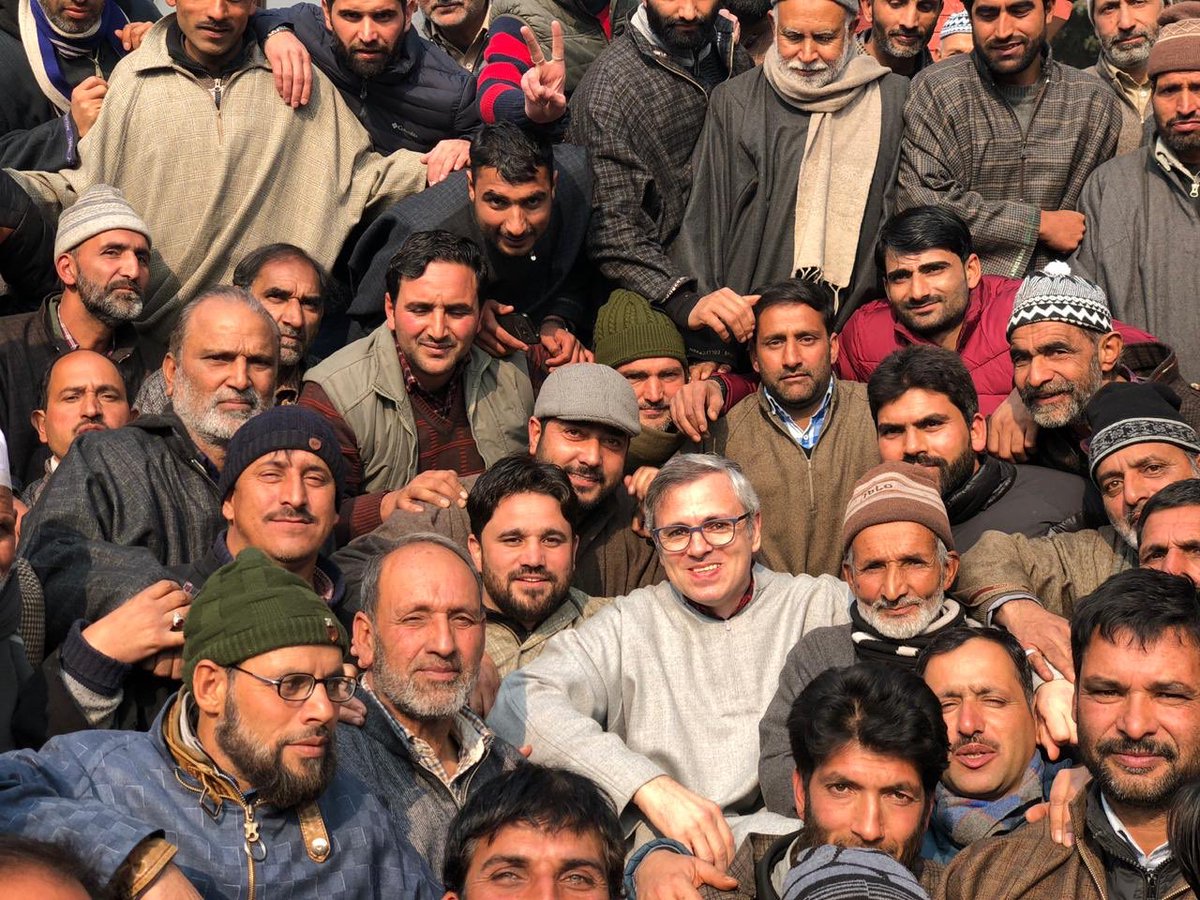
Making things further difficult is that the government has tried to set up an alternative political and civil society structure to take place of the established structure. And this structure is not opposing the revocation of Article 370. One such party is Apni Party led by the industrialist turned politician Altaf Bukhari. It was created early this year to fill in the vacuum created by the absence of mainstream politics. Although the BJP has a small presence, only its leaders have been able to hold fewer activities across the Valley.
The consequent political vacuum has needed filling. But with a political representation that gave voice to the aspirations and the grievances of the people and certainly not with the one that is seen to represent New Delhi in Kashmir. More so, at a time when New Delhi has divested Kashmir of its cherished special status.
Alternative Politics
Apni Party was set up to fill this vacuum. But going by its politics, Apni Party is unlikely to find spontaneous support among people. Its relevance, if any, under the circumstances hinges on an absence of political opposition and which New Delhi had so far ensured by denying space to the established parties across the mainstream-separatist divide. But in case of the establishment parties at least, the centre is finally giving up its reluctance to concede them some space. It will be interesting to see what form the new politics in J&K takes in the coming weeks.















